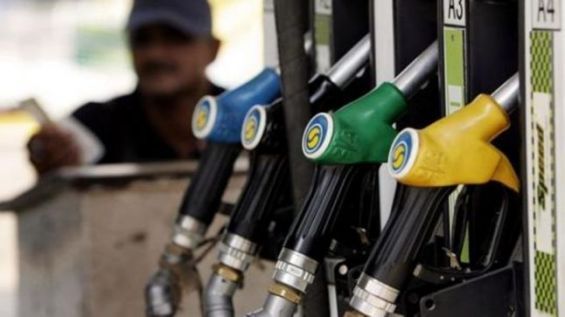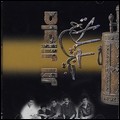Moroccan government has concluded a plan to monitor fuel prices, after Moroccans launched a boycott campaign protesting the high cost of living, revealed Bloomberg on Wednesday.
The new procedure will enable the government to «adjust» fuel prices every 15 days, General Affairs Minister Lahcen Daoudi told the New-York based media. The plan will be applied for one year, after it gets approved by the Prime Minister.
Saadeddine El Othmani will «sign it any time. All I can say now is that it will be enacted this year», added Daoudi.
Implementing such a law comes at the heart of a viral boycott campaign that targeted three major companies, including the country’s leading fuel distributor Afriquia SMDC, owned by Minister of Agriculture Aziz Akhannouch.
Although the Kingdom has the lowest inflation rate in North Africa, Moroccans took their anger to social media, denouncing the high prices. According to Bloomberg, consumer inflation has reached 2.6 percent in May, which was marked by the boycott.
Cutting the margins
Daoudi explained that through the new plan El Othmani’s executive will «impose temporary measures to counter excessive fluctuations in prices brought by extraordinary measures», says the same source.
The minister indicated that some fuel distributors will be affected by the new measure, including Total Maroc and Vivo Energy, as their profit margins will be reduced. «Constant dialogue will be maintained» with these companies, said Daoudi.
Indeed, according to Bloomberg Total Maroc’s shares, the French company’s Moroccan subsidiary, have dropped by 50 percent on the Casablanca stock exchange starting from May the 9th, exactly when the government said it would «cap fuel prices».
For the record, the Moroccan government decided in 2015 to lift the cap on fuel distributors in an attempt to reduce current consumption and improve the national economy. The lift was, however, highly criticized, as fuel distributors’ profits in the Kingdom skyrocketed.
Reacting to Daoudi' statement, French-language newspaper Medias24 was told by a fuel distributor that the «last time the government contacted fuel subsidies was in June». The same source states that «Daoudi’s proposal remains questionable», given the fact that it was not clear whether the government would cap fuel prices or profit margins.
Speaking before the Chamber of Advisers, Aziz Rebbah, Minister of Energy and Mines had acknowledged, on May the 22nd, that the policy adopted in 2015 by the government was not fully functional.





 chargement...
chargement...













